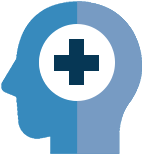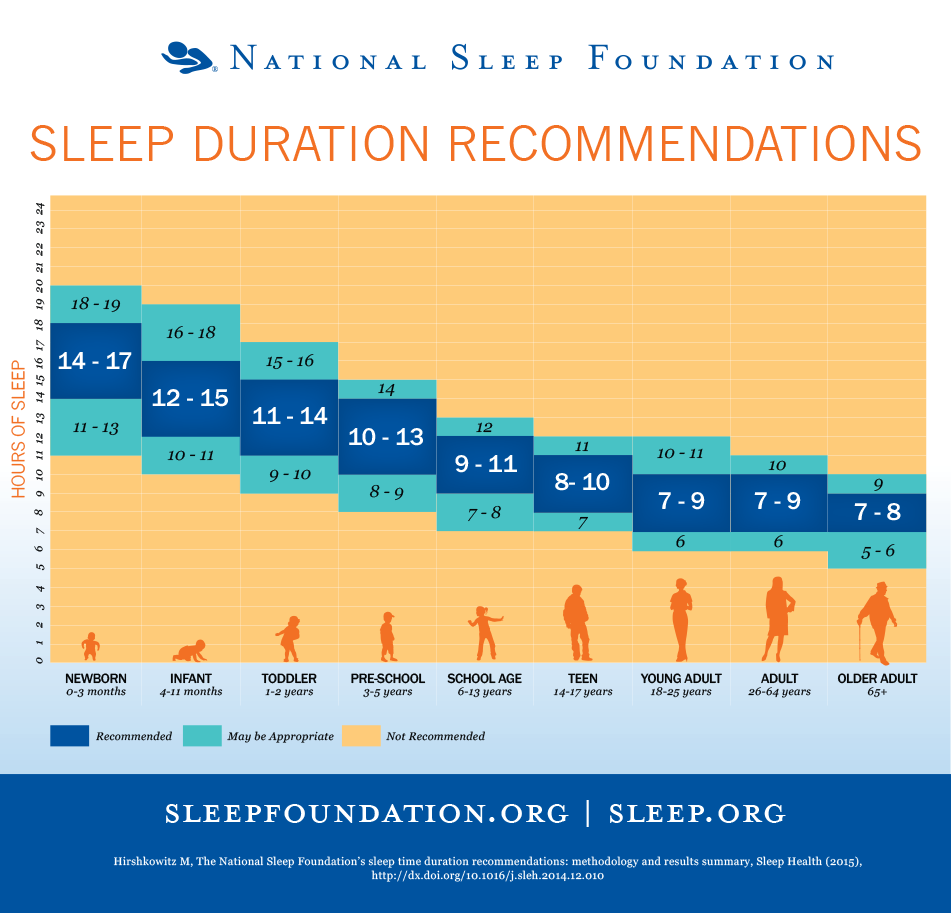Sleep Health

More than one-quarter of the U.S. population report occasionally not getting enough sleep, while nearly 10% experience chronic insomnia. The National Institutes of Health estimates that sleep-related problems affect 50 to 70 million Americans of all ages and socioeconomic classes. Getting enough sleep refers to the amount of sleep you need to not feel sleepy the next day. If sleepiness interferes with or makes it difficult to do your daily activities, you probably need more sleep.
Sufficient sleep is a vital sign of good health. Sleep has many positive effects on health and well-being, but many people report getting insufficient sleep each night. It’s necessary to develop good sleep habits in order to stay healthy and help your body and mind to rest and recharge. Here’s why from A!sleep.

Sleep Benefits
- ✓
- Promotes memory consolidation
- ✓
- Affects processing speed
- ✓
- Makes you feel refreshed and ready for work
- ✓
- Boosts immune health
- ✓
- Helps maintain energy balance

Recommended Sleep
Most adults need 7-9 hours of good quality sleep on a regular schedule each night. Children need even more sleep than adults.


Tips to Improve Sleep Quality
Adopted from “A Good Night’s Sleep: Stress, Insomnia, and Work Productivity” (WELCOA 2014)
Research reveals that the body operates on a 24+ hour clock. This body clock is called circadian rhythms. For optimal functioning of mind and body, it is best to go to bed and wake up at the same time every day (including weekends). Even if you cannot fall asleep at an exact time, you should go to bed, and turn out the lights at the same time each night.
Considering the fact that you spend up to 1/3 of each 24 hour period in this state, one might think that this aspect would deserve more attention. The fact is that many of us take our sleep ambiance for granted or ignore it all together. Careful consideration should be given to the following factors: darkness, a cool room temperature, minimal noise, no distractions, and the utmost comfort with sleep surface (e.g., down pillows, down comforter, high thread count sheets, great mattress, etc.).
Sleep experts and exercise physiologists both agree that physical activity, primarily cardiovascular exercise, promotes quality sleep. Cardiovascular exercise is known for flushing the stress hormones that are produced from non-physical stress out of the body (in essence, using them for their intended purpose and then excreting the byproducts.) If you have problems sleeping, try avoiding late-night exercising.
There is a substance in caffeine that triggers the release of epinephrine and nor-epinephrine, neurotransmitters that increase heart rate and blood pressure. In effect, caffeine stimulates the stress response. You do not want to do this in the evening hours before you go to bed. If you have problems sleeping, consider consuming no caffeine (including chocolate) after 4:00 p.m. to give your body three to four hours to detox from this stimulant. Learn the caffeine content of your favorite drink.
Contrary to caffeine, alcohol is a depressant and can make you feel drowsy and even make it easier to fall asleep. However, sleep is interrupted more often and is of a lower quality after consuming alcohol because of its effects on the hormones that influence our sleep-wake cycle. Also, the effects of alcohol are graded: the more you drink, the worse you'll sleep. Additionally, alcohol will have a stronger effect on someone who is fatigued compared with someone who is well-rested. To get a good night's sleep, avoid alcohol within 2-4 hours before going to sleep. For more information about how alcohol affects sleep, visit the National Institute on Alcohol Abuse & Alcoholism website.
Nicotine is a central nervous system stimulant. Yet another good reason to quit smoking. Smokers tend to have poorer quality sleep and wake up more frequently during the night due to withdrawal symptoms.
Many people fall asleep at night with The Late Show. While these and other late night shows are certainly entertaining at times, the television in the bedroom often tops the list of sleep robbers. Computers, cell phones, and other digital devices also qualify as sleep robbers. If you use your phone as an alarm, try changing that habit. Consider investing in a sunrise alarm clock. The peaceful mimicry of the rising sun promotes a calm awakening experience followed by delightful chirping birds.
Countless people who say they have a problem sleeping at night say their mind is racing with thoughts they cannot control: worry, anxiety, frustrations, details, work schedules, responsibilities, etc. All of these are examples of stress. Keeping a pad of paper by your bed to write down thoughts that are stealing your attention is one way to calm your mind. Another is to write down your plans for the next day before you climb into bed so that your time in bed is for sleep, not organizing and delegating. For some people reading works, and for others doing some hobby or activity totally unrelated to your career or occupation works. One thing is certain: not clearing your mind of random thoughts, work-related responsibilities, or unresolved issues will only steal precious time away from Rapid Eye Movement (REM).
With diminished evening light, the body metabolism begins to slow down including a slight decrease in body temperature, a factor necessary for quality sleep. Eating right before bed not only throws off the body’s internal clock, but also the digestion process requires energy and this energy creates body heat rather than decreasing it. Acid reflux can also be a potential problem. While eating may serve as a way to calm emotions, eating close to bedtime interferes with the serotonin-melatonin balance.


Columbia University Resources
Alice! Health Promotion, a program of Columbia Health, provides resources for staff, faculty, and students to get a better night’s rest through the A!Sleep website. Get tips on healthy sleep habits and take a free, personalized sleep assessment (UNI required) to receive instant, tailored feedback on improving your sleep behaviors.


External Resources
Looking for more? Here are some resources outside of Columbia
